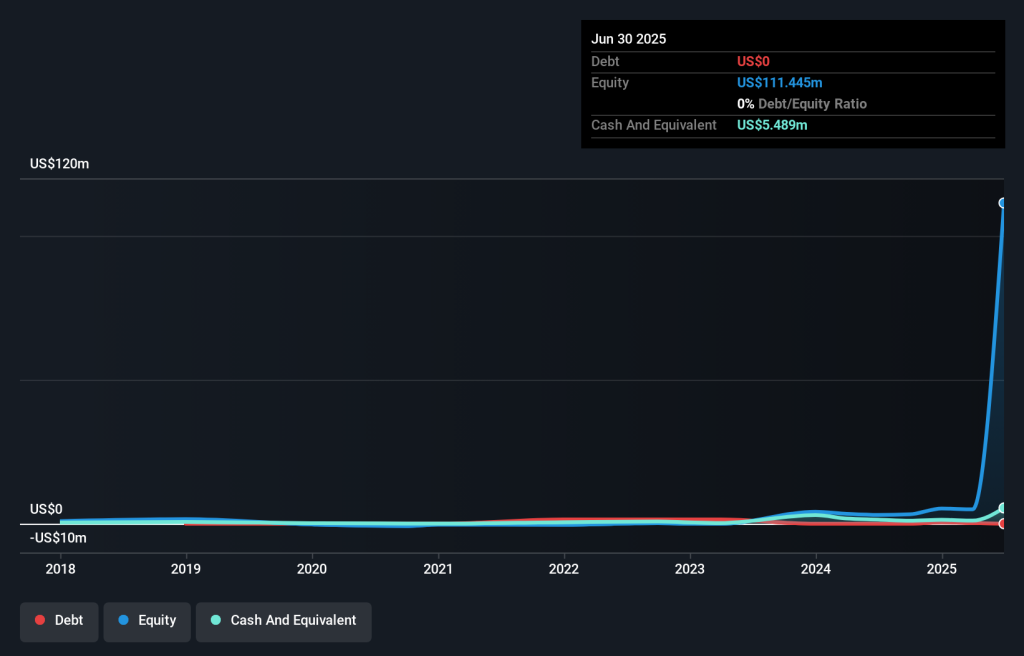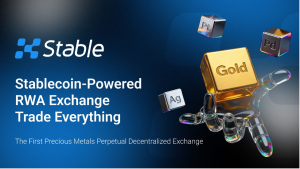Tron Slashes Transaction Fees by 60% to Bolster Blockchain Efficiency

Tron, one of the world’s most active blockchain networks, has announced a significant 60% reduction in transaction fees, a move aimed at strengthening its competitive edge in the rapidly evolving digital asset ecosystem. This strategic adjustment is designed to make the platform more cost-effective for developers and users alike, encouraging higher adoption of decentralized applications (dApps) and expanding its role in decentralized finance (DeFi). By prioritizing affordability and scalability, Tron is positioning itself as a serious contender against rival blockchains in the race to capture global crypto adoption.
Driving Accessibility Through Cost Reduction
High transaction fees have long been a barrier to entry within the blockchain sector, particularly for new developers and retail users seeking affordable digital solutions. By cutting fees by more than half, Tron is attempting to remove friction points that discourage network participation.
This reduction is especially relevant at a time when scalability and cost efficiency remain among the most pressing challenges for blockchain technology. By addressing these pain points directly, Tron is signaling its intent to attract a broader range of users while reinforcing its position as a high-performance network.
Implications for DeFi and dApp Ecosystem
Tron already supports one of the largest ecosystems of decentralized applications, ranging from gaming and entertainment platforms to financial services. The fee cut is expected to catalyze further innovation within this ecosystem by lowering operating costs for developers and enabling users to interact with dApps more frequently.
For DeFi in particular, lower fees could encourage greater liquidity, trading volume, and user participation. The ability to conduct high-frequency transactions without prohibitive costs may allow Tron to capture market share from other networks where fees remain comparatively higher.
Competitive Positioning in the Blockchain Arena
The blockchain industry is highly competitive, with networks such as Ethereum, Solana, and Binance Smart Chain continuously innovating to balance scalability, decentralization, and security. Tron’s aggressive fee reduction is a tactical move that underscores its strategy to differentiate itself by offering both affordability and efficiency.
However, reduced fees also raise questions about long-term sustainability. Maintaining network security and incentivizing validators remains essential, and Tron’s ability to balance these factors while keeping costs low will determine whether the strategy yields lasting results.
Conclusion
By cutting transaction fees by 60%, Tron has made a bold bet on accessibility as a pathway to growth. The decision could accelerate adoption of dApps and DeFi projects while reinforcing its role in the broader digital economy. Yet, the move also comes with challenges, particularly the need to sustain security and validator incentives in a low-fee environment. How Tron manages this delicate balance will be critical in shaping its future within the competitive blockchain landscape.




